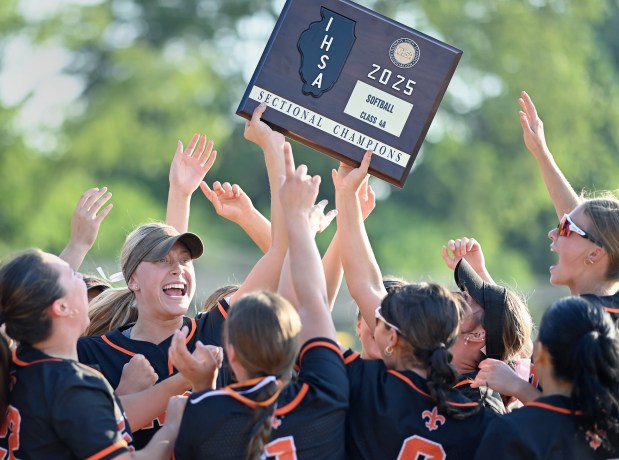You might remember being introduced to an extraordinary 17-year-old Waubonsie Valley High School student through this column three years ago.
Shreya Joshi founded a student-led non-partisan organization called Project TEAL after she realized the political animosity that is tearing at our nation was making fellow students afraid to discuss critical issues that are important to future generations.
Project TEAL started locally to help provide young people with the tools to become more engaged in the democratic process. But as COVID hit and the internet became our lifeline to the outside world, she realized there was nothing keeping her from taking this idea national.
Today Project TEAL – it stands for tolerance, engagement, action and learning – is reaching well over 400 educators across 45 states with 46 civic education workshops and high school students nationwide in political advocacy campaigns.
In addition, Shreya served as executive director of Redefy, a nonprofit working to further equity and combat discrimination, and was the national training director and national women’s caucus chair for the High School Democrats of America.
Shreya was also a student representative on Chicago’s Human Rights and Fair Housing Commission. And the same year she graduated from Waubonsie Valley in Aurora, the teen accepted an invitation to speak at the TED2022 Conference in Vancouver, Canada, where she delved into why having “uncomfortable conversations” with people you disagree with “is crucial to bridging the divide.”
Shreya Joshi is now studying economics at Stanford University and is co-president of the Business Association of Stanford Entrepreneurial Students, the university’s largest such organization which is sponsored by heavyweights like Microsoft and Zoom.
With fewer hours to devote to Project TEAL, thankfully there was another Joshi kid waiting in the wings.
Since last year the organization has been led by Shreya’s younger brother, 17-year-old Shom Joshi, now a senior at Waubonsie Valley who obviously is cut from the same leadership cloth.
“We are both big political nerds … we care about the same issues and topics,” Shom tells me, adding that their parents, Mahesh and Roshni, encouraged political conversations around their Naperville dinner table and modeled the importance of staying informed on issues of local, national and global importance.
And of course, because the two siblings spent so much time together during the pandemic lockdown, “we talked a lot about politics,” he adds. “My sister taught me a lot.”
Which means Shom, likewise, is concerned about the amount of misinformation that has flooded this election year, about partisan biases and about heightened rhetoric that is leading to disengagement and extreme bipartisanship. The goal of Project TEAL is to counter that divisiveness and empower young people, with a strong emphasis on working with school districts, nonprofits and advocacy groups, he says.
For example, at 4:30 p.m. Thursday Project TEAL is holding a lobbying event in support of H.R. 11 – Freedom to Vote Act, which advocates for stronger voter protection. Shom and Project TEAL’s executive board are among those on a phone bank calling federal representatives and asking for passage of this bill that supporters insist would end partisan gerrymandering, help get big money out of politics and safeguard the electoral process.
Shom also founded Say No to PFAS, which on Monday launched an educational campaign to raise awareness about the toxic man-made chemicals found in everyday products and, unfortunately, in our bodies, But he continues to devote five to six hours a week to Project TEAL, which he insists has made it personally far easier to engage in political discussions with those who do not share his views.
“I’ve learned so much along the way,” he told me, which includes the ability to “talk to them in a more mature and respectable matter.”
Shom is of course hoping adults in the room are paying attention, and that as the election draws closer, civil and critical conversations will also occur in the classrooms.
“There is,” he noted, “still a lot of work that has to be done.”
And Shom’s former English teacher has no doubt who will be among those leading it.
Phillip Cipriani, who taught AP3 language and composition to Shom his junior year, describes the teen as “a beacon of knowledge in the political science realm.”
Most of his students, Cipriani tells me, have trouble engaging in current issues, but Shom has always been “able to see multiple perspectives and connect themes and issues to history along with current politics.”
When put into groups or even when students are having discussions on topics about the state of the world, he continues, “Shom is the calm during the storm” because of his natural ability to engage with different opinions and ideas.
“He does not always win over others with his views, but there is always respect and understanding.
“I would say his passion for politics and making the world a better place serves him well … I have no doubt he will be successful in all his endeavors … Project Teal or otherwise.”
dcrosby@tribpub.com



